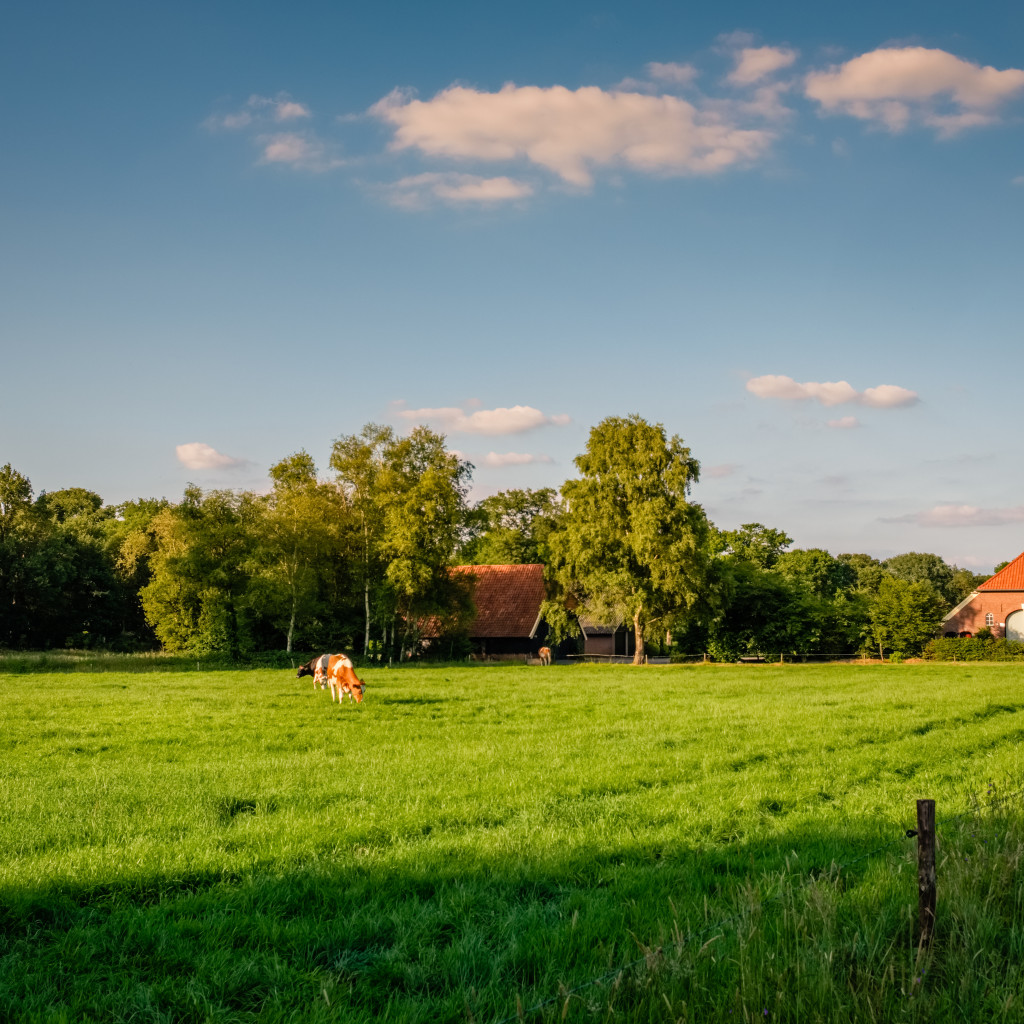A drive around any country lane will demonstrate that rural landowners have a real entrepreneurial spirit. Everything from farm shops to glamping sites to alpaca trekking have been popping up and they can bring good commercial returns. But it is important to ensure that, before investing in a new project, you are sure that your proposed use of the land can proceed. That can entail consideration of various different aspects.
Planning consent
Most landowners will be alert to the need to consider applying for planning permission. The planning process can be tricky to weave through and so obtaining early advice is important. Proceeding without the necessary planning permission could result in enforcement action being taken and that could be costly. There may also be a need to deal with listed building considerations or agricultural ties.
Consider rights you may need over other land
It may be that the access to your land is over a piece of land that is owned by a neighbour. This could be an express right of way granted by deed or it may be a right created by other legal means – very long use being the most common. You will need to consider whether the rights you have over neighbouring land will allow for diversification of your land.
Although your current rights may be adequate for the land as it is currently used, they might not cover your intended new use of the land. For example, an existing right of way in order to access an agricultural building may not be wide enough to cover access to that same building if it were to be converted into holiday accommodation.
Do also think about any services you currently use – pipes and cables, septic tanks, bore holes etc – which may be situated on neighbouring land. Again, your rights, express or otherwise, may not be broad enough to encompass your new use of your land. New rights may need to be negotiated or alternatives put in place.
What about rights others may have over your land
It is also important to think about rights that may exist over your land for the benefit of neighbouring land which could be impacted by your diversification plans. You are not entitled to interfere unreasonably with those rights. For example, you may need to install gates to prevent your neighbour’s glamping visitors straying into the more dangerous parts of a working farm. This is obviously sensible but thought needs to be given to how this will work if the neighbour has an express right of access for themselves and their visitors over the lane where the gates will be placed.
Public rights
Consider whether there are any public rights of way that will be impacted and, if so, what options you have (for a more detailed explanation see our recent insight: Public rights of way over private land: what are they? regarding this topic).
Are there any covenants restricting the use of your land?
Before going ahead with a change of use of your land, it is important to check whether there are any use restrictions. Restrictive covenants come in a wide variety – we regularly see everything from covenants restricting the numbers of dwellings allowed on land, to covenants either restricting use to specific categories (e.g. residential) or outlawing any activity that could cause a nuisance or annoyance to neighbours.
The presence of a restrictive covenant is not necessarily fatal. It may be that the covenant is not enforceable, or it could be possible to apply to have the covenant removed or varied. We can provide the specialist advice needed on such issues.
Nuisance
More generally, it is wise to have an eye on whether your plans could create an actionable nuisance to others. If a previously quiet field adjoining a neighbouring farmhouse is suddenly filled with noisy campers in the summer, this could become an issue.
It is worth noting that, whilst the wider impact of diversification will often feature as a consideration in the planning process, the granting of planning permission (a public law process) would not preclude a private law action being pursued against you for nuisance or, for that matter, breach of covenant or unlawful interference with rights.
How can Tozers help?
Landowners should not be afraid of trying new ventures on land – just ensure all boxes are ticked before you ‘press go.’ The teams at Tozers will be happy to advise further.
Co Author: Joanne Young






